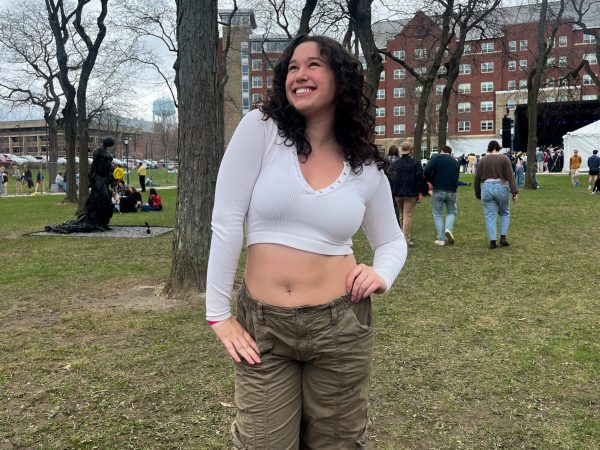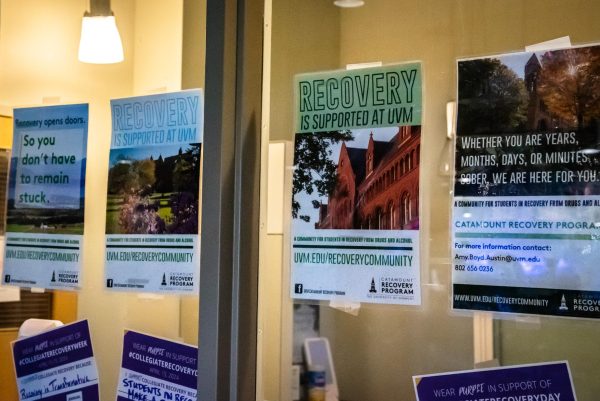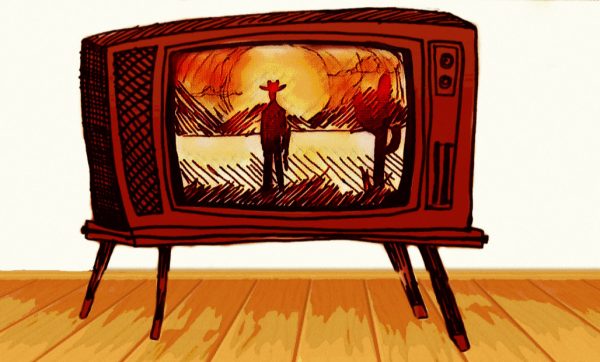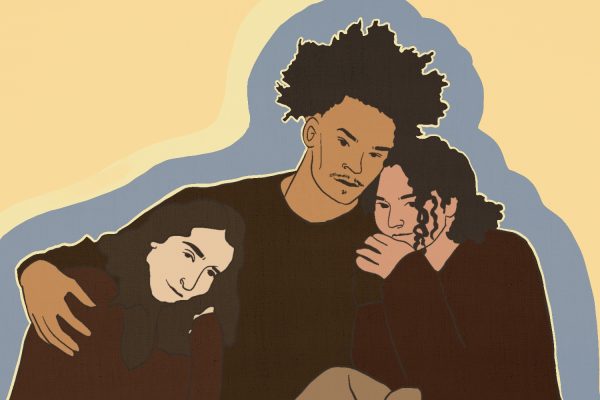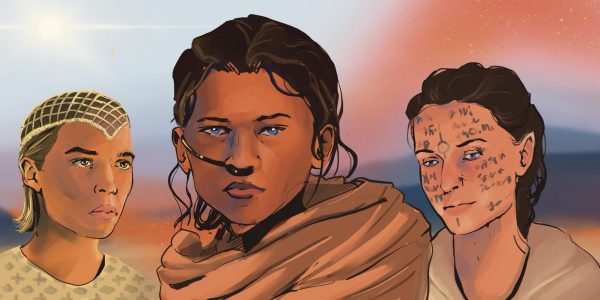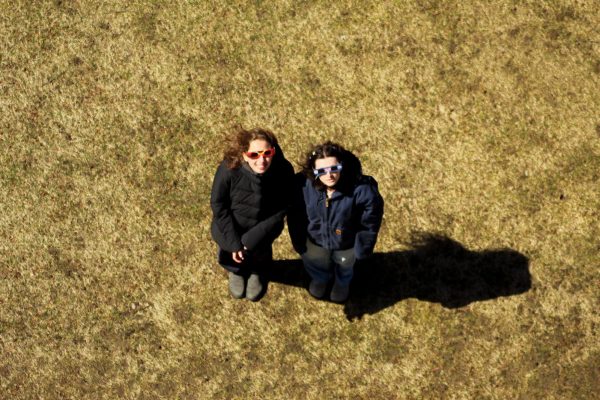Scientist’s story reveals sexism in field
December 8, 2018
“I thought I couldn’t do what I wanted to do in life, which was be a scientist, because I wasn’t good at school,” Donna Toufexis, associate professor of biobehavioral psychology, said.
This semester, Toufexis is teaching Women in Science, a sophomore Honors College seminar, for her third time. Her class is comprised entirely of females, almost all of them majoring in a STEM field.
Through a discussion-based class, Toufexis infuses her personal experiences into the course topics, which include differences between men and women, gender bias and sexual harassment.
Her own journey as a woman in science has been unconventional, she said.
Toufexis had undiagnosed dyslexia, which made school difficult and resulted in her barely graduating high school. She chose not to attend university once she graduated, and ended up marrying young and having three children.
Eventually, Toufexis was officially diagnosed with dyslexia. She said she originally thought she had an intellectual deficit, and finding out this was not the case encouraged her to pursue her dream of going into science.
She entered Concordia University in Montreal as a biology major when her youngest child began first grade.
After receiving her bachelor’s and master’s degrees at Concordia, Toufexis decided to enter into a Ph.D. program at McGill University.
However, in one of her initial conversations with her supervisor, he expressed displeasure when he found out she was a mother. His response was: “What would I do if I was in the middle of an experiment and had go home and cook supper?” Toufexis said.
She received her doctorate in 1999. Her dissertation examined how hormones in pregnancy and during birth change animal behavior, she said.
Toufexis came to UVM in 2008 as an associate professor.
“Her dedication and commitment to her students stands out to me … she encourages all of us to do our best work and makes herself available to lend an ear to support us,” psychology professor Dianna “Annie” Murray-Close said.
Eventually, the Honors College asked her to develop a course focusing on women in STEM fields. She agreed, though most of the course is based in psychology and sociology, outside her area of expertise.
“My favorite part about the course is that I learn as my students learn,” Toufexis said, though she admits it’s a challenge to find many studies outside her area of knowledge.
Another challenge this semester is the gender ratio: all the students are women, she said.
Sophomore Tiana Lee said she thinks the class is a great idea and that students really should be having conversations about why there aren’t more women in STEM.
“I’m a little disappointed that we don’t have the opinion of the other gender,” Lee said. “I think it would very valuable to have the input of some male students.”
Toufexis said she initially wasn’t happy about the lopsided gender ratio. Some of the activities she conducts require boys, such as a Turing test in which students ask questions to determine if the person being questioned is a boy or a girl.
“The dynamic is different because it’s all girls, and sometimes I think we make each other upset with the world because of the sexual harassment [in society] and everything,” Toufexis said.
The representation of women in science is an important topic to Toufexis, she said, since it allows her to interact with students outside her department, as well as look at her personal journey as a woman in science.







